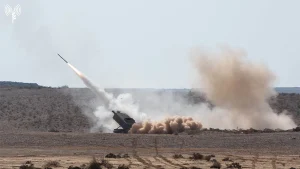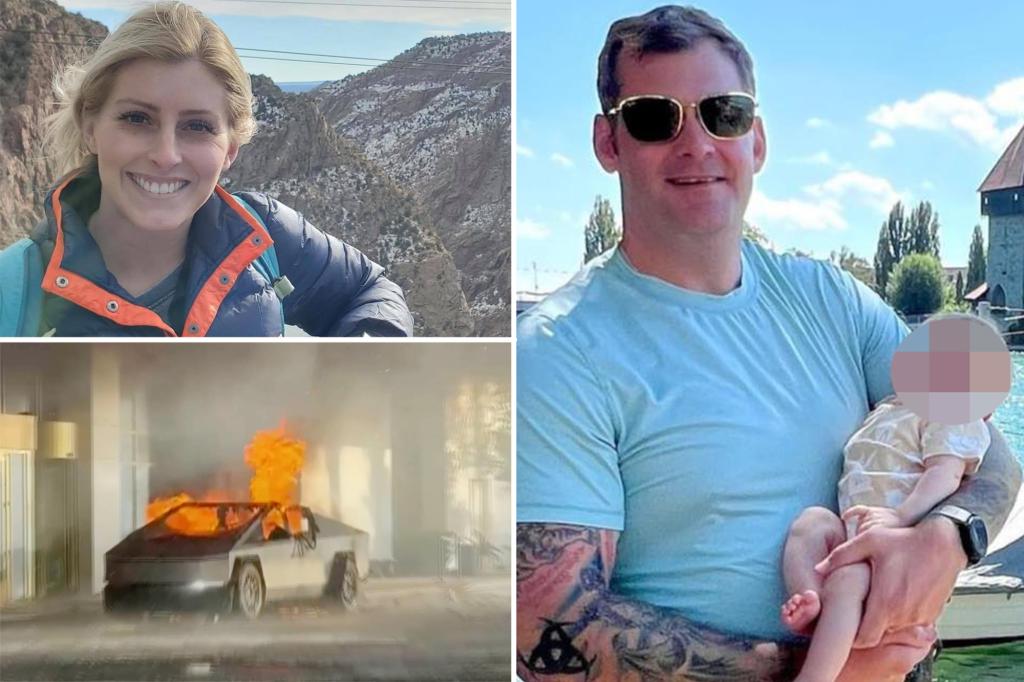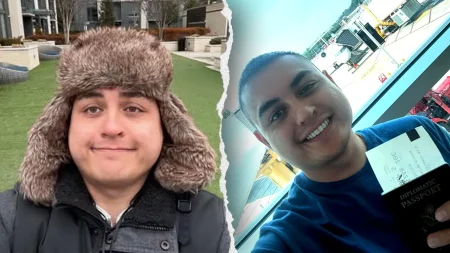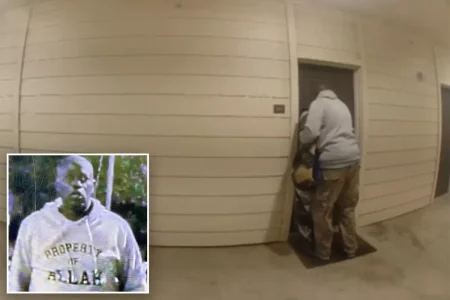The detonation of a rented Tesla Cybertruck outside Trump International Hotel in Las Vegas on New Year’s Day, initially raising concerns of a politically motivated attack, has taken a tragic turn as investigators delve into the personal life of the perpetrator, Army soldier Matthew Livelsberger. Six days prior to the incident, Livelsberger’s wife confronted him about his suspected infidelity, leading to a heated argument and his subsequent departure from their Colorado Springs home. This revelation shifts the focus of the investigation from political terrorism to a deeply personal crisis, potentially driven by despair and a desire for a dramatic final act.
Livelsberger, a 37-year-old active member of the Army Special Forces, rented the Cybertruck through the peer-to-peer car rental app Turo and drove to Las Vegas. Upon arriving at the Trump International Hotel, he detonated explosives inside the vehicle before taking his own life with a gunshot wound to the head. The location of the incident, coupled with the use of a vehicle manufactured by Elon Musk’s Tesla, initially drew the attention of the FBI, who investigated the possibility of a politically charged attack given the association of both Trump and Musk with the then-President-elect Donald Trump.
However, as details of Livelsberger’s personal turmoil emerged, investigators began to reconsider the motive. Described as a “Rambo-type patriot” and staunch Trump supporter, Livelsberger’s choice of vehicle may have been driven by a desire to minimize civilian casualties rather than a politically motivated statement. The Cybertruck’s robust steel construction contained the blast, directing the force upwards and preventing significant damage to the hotel lobby and its glass doors. This contrasts with the potential devastation a conventional vehicle would have caused, potentially harming or killing bystanders.
The explosion resulted in minor injuries to seven individuals, while Livelsberger’s body was tragically burned beyond recognition, requiring identification through his passport and Army identification found within the vehicle. His uncle, Dean Livelsberger, an Air Force veteran, confirmed his nephew’s deep patriotism and admiration for Donald Trump, emphasizing his extensive service in the Special Forces, spanning multiple tours of duty. This background paints a picture of a man dedicated to his country, yet ultimately consumed by personal struggles.
Livelsberger’s military career included deployments to Afghanistan in 2017 and 2018. Prior to the incident, he was stationed at Camp Panzer Kaserne near Stuttgart, Germany, where he served as a remote and autonomous systems manager for the Army. His LinkedIn profile reveals a career spanning at least 19 years, with his involvement in the Green Berets commencing in 2006. This information underscores his long-standing commitment to military service, further complicating the understanding of his final, desperate act.
The emerging narrative suggests a man grappling with internal conflict, driven to extreme measures by the unraveling of his personal life. While the initial suspicion of a politically motivated attack captured public attention, the investigation now centers on the tragic consequences of a broken marriage and the potential emotional toll of military service. The incident serves as a somber reminder of the complexities of human behavior and the potential for personal struggles to manifest in unexpected and devastating ways.











